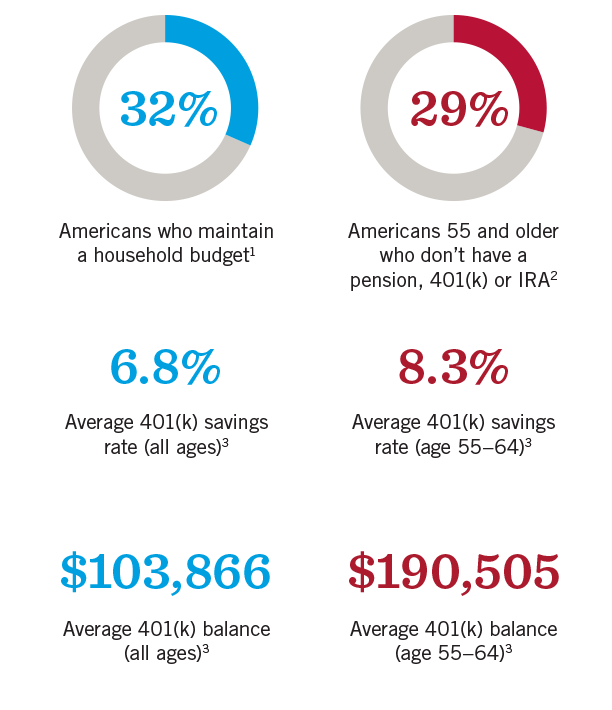
Planning for Your Retirement Income
By Sharon Cook, Chief Marketing Officer/SVP at Mountain America Credit Union
This article first appeared in the LDS Living magazine—January/February 2020
Time … the older I get the faster it passes. Sometimes I find myself up at 2 a.m. wondering if I still have enough time to save for the retirement I want.
No matter what type of job we have or how much money we make, retirement is an important consideration in our lives. The best way to make sure we maximize what we’ve got is to make a plan.
It’s easy to become so focused on building our stash, that we forget to decide how we will spend it. Income planning is all about turning that nest egg, as well as other retirement income sources, into a manageable cash flow that will support your needs throughout your later years. Here are some points to consider:
Cut down on expenses
Meet with a financial advisor and figure out which costs are essential and which you can live without. Start this part of your plan a couple of years before you retire to refine the details and adjust to a smaller budget. Along with making your money last longer, downsizing can also give you additional flexibility if you ever get hit with a financial emergency.
Maximize your social security benefits
The longer you wait to start taking social security, the better. As appealing as it sounds to get a check every month, starting too early could significantly reduce the overall amount of money you receive.
Create a spending plan
This is where the fun stuff comes in—now that you have reduced your budget to just the necessities, it’s time to make room for travel, hobbies and other extras. Having a well-thought-out spending plan at the beginning of your retirement will help you establish what you can and can’t afford. Otherwise, you could increase your risk of running out of money. It's very important to live within your means!

Don’t forget about inflation
As time goes on, things get more expensive. When you create your spending plan, be sure to take inflation into account. You may end up with less buying power and financial flexibility if you don’t. Accounting for inflation ensures that you’ll live more comfortably.
Start investing
Putting money into investments just prior to retirement may seem like too big of a risk to take. But smart investors know the importance of diversifying with high- and low-risk investments. That way, if things go wrong, you won’t suffer substantial losses.
Make the most of credit
Many credit cards offer some type of rewards program. Now’s the time to maximize those points and miles! Use your credit card strategically (and responsibly!) to help you afford that fancy Caribbean cruise. If your bank offers cash back, use that extra bit of income to pay for everyday expenses.
Related Articles


